Teamfight Tactics game design director Stephen “Mortdog” Mortimer recently tested shop distribution rolldown systems in response to internet bug theories and found room for design improvement.
Mortdog silenced TFT tin-foil hat theories about broken rolldowns and shop bugs sprouting up across the internet on May 29 with logic and math through a Reddit post. As the Inkborn Fables meta becomes more solved through Patch 14.11, players are looking for an advantage, which typically includes playing non-contested units for a top-four finish in a lobby. Many players as of late have perceived that uncontested champions weren’t appearing in the shop during rolldowns while contested units are.
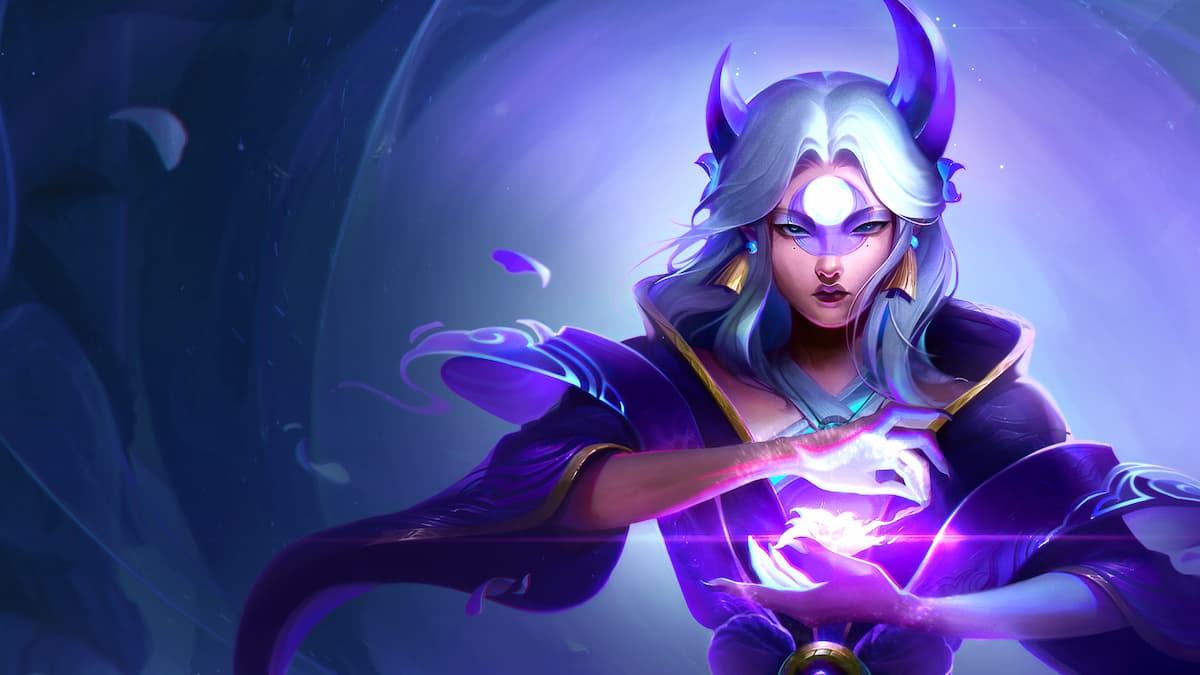
Willing to listen to the community, Mortdog tested the theories. The experiment was conducted using 1,000 rolls with uncontested champions showing up in the TFT Set 11 shop around 45 percent of the time. This math is correct, according to Mortdog. But when using a smaller sample size, there were larger variance discrepancies.
“Just because it is mathematically correct does NOT mean the design is perfect,” Mortdog said.
A lower sample size increased the variance, which is why players are experiencing bad rolldowns when seeking uncontested TFT Set 11 champions in the shop. The tests were run on four-cost units, with Ornn, Ashe, and Kai’Sa being the uncontested champions. Within the smaller sample size of 40 rolls, Kai’Sa only appeared once while Ornn and Ashe showed up eight and six times, respectively. Ironically, a contested champion like Lee Sin appeared six times, which can fuel those “feels bad” experiences while playing.
“Because the sample size is so low, the variance expands pretty dramatically,” Mortdog said. “Much like if you flip a coin 10 times and hit heads seven times, 70 percent is way higher than 50 percent, but the reality is when the sample size is lower, the variance is higher. Again, this all lines up from a mathematical sense… but from a game design standpoint it’s pretty rough.”
There isn’t an easy fix to the high variance issue, according to Mortdog, but the TFT dev feels like it’s worth exploring the design space to produce better results for players.


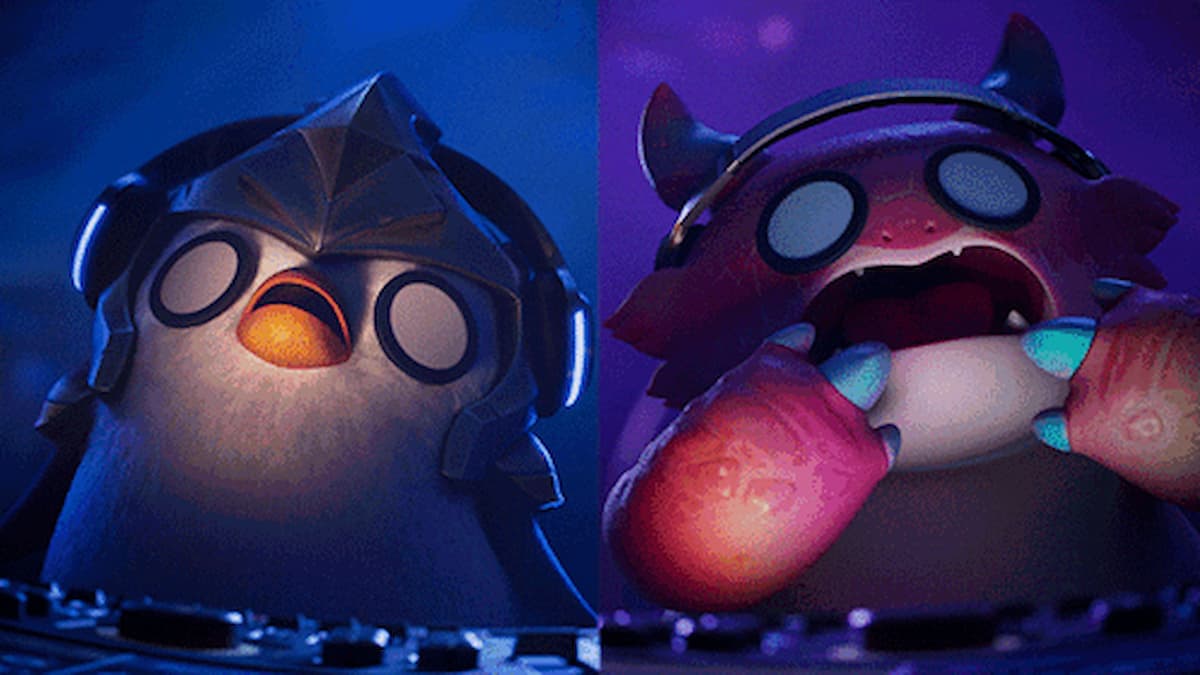
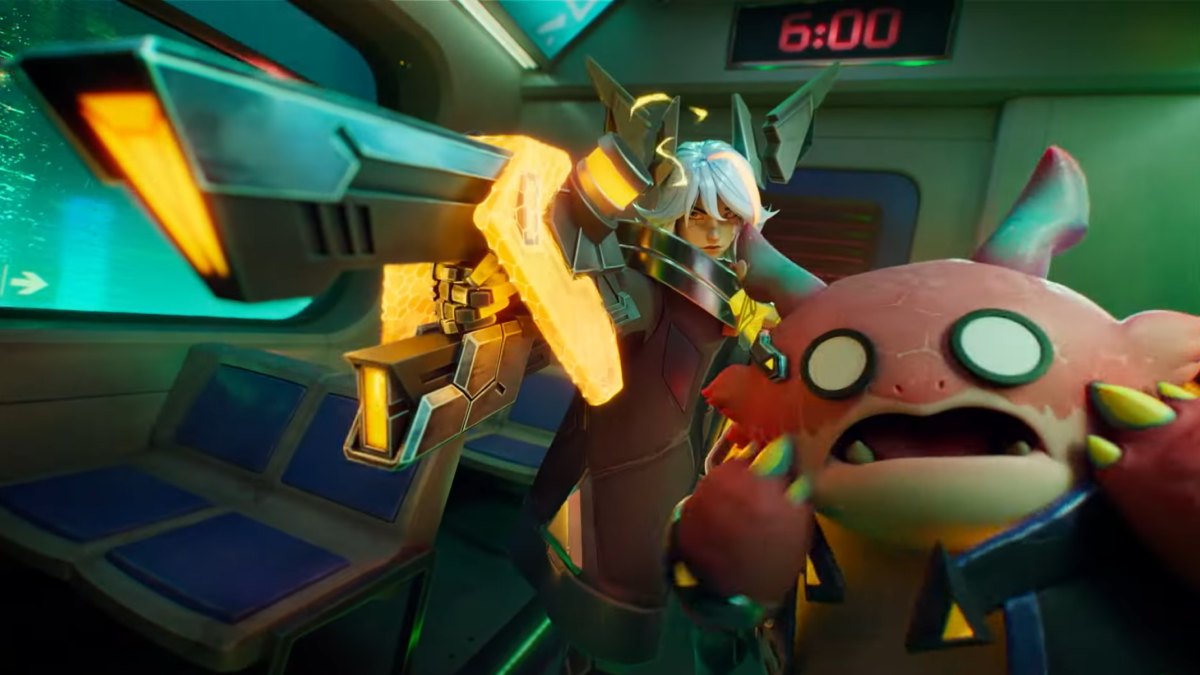
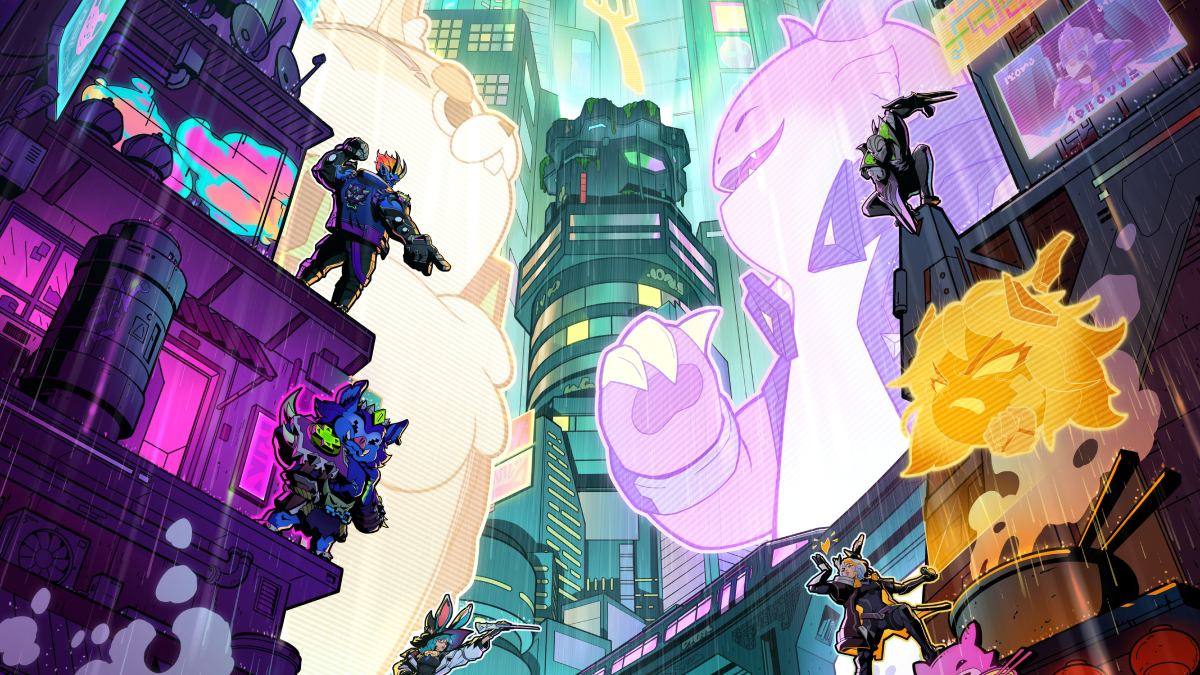
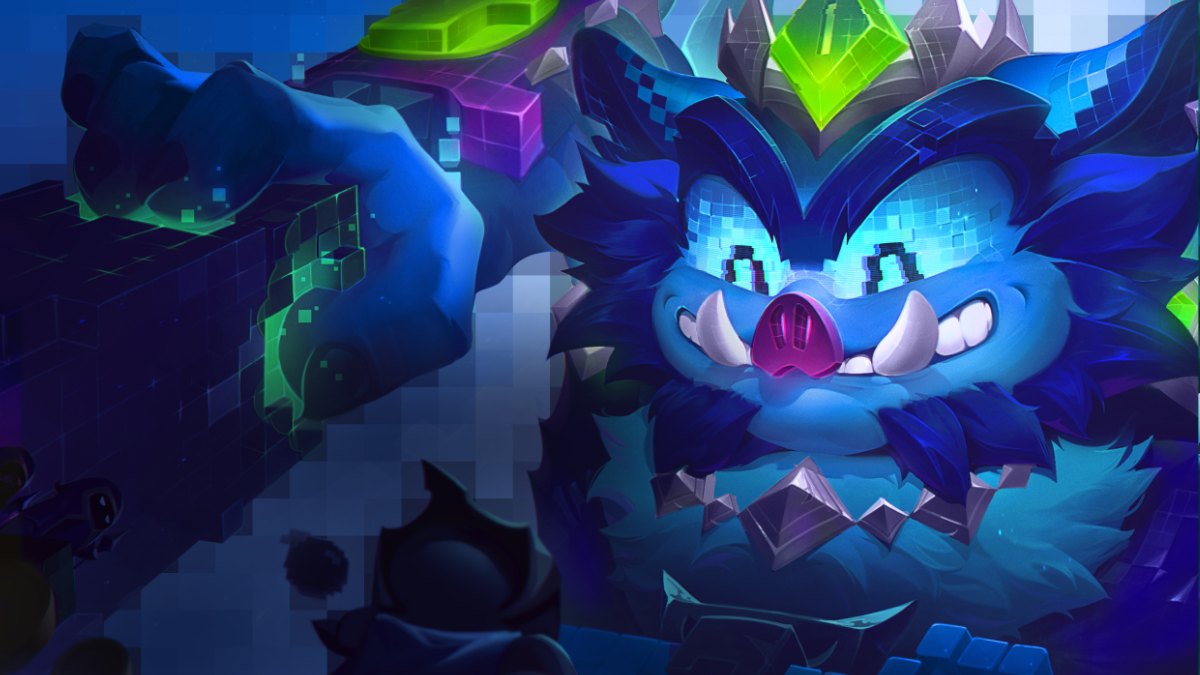
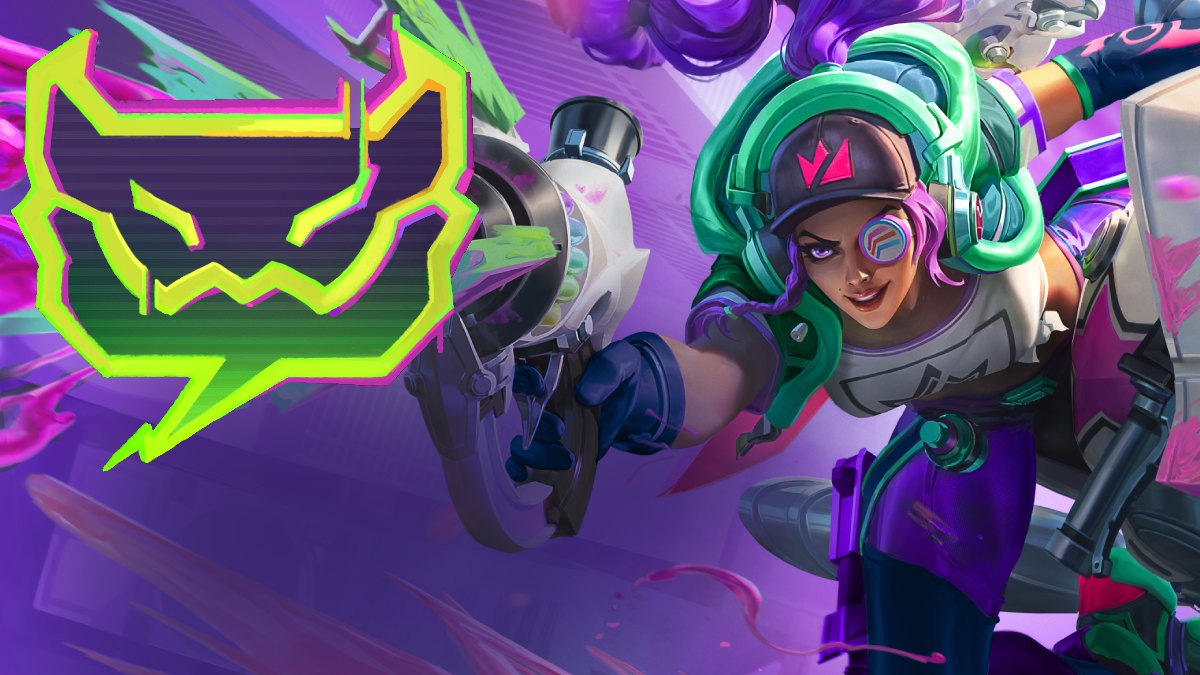
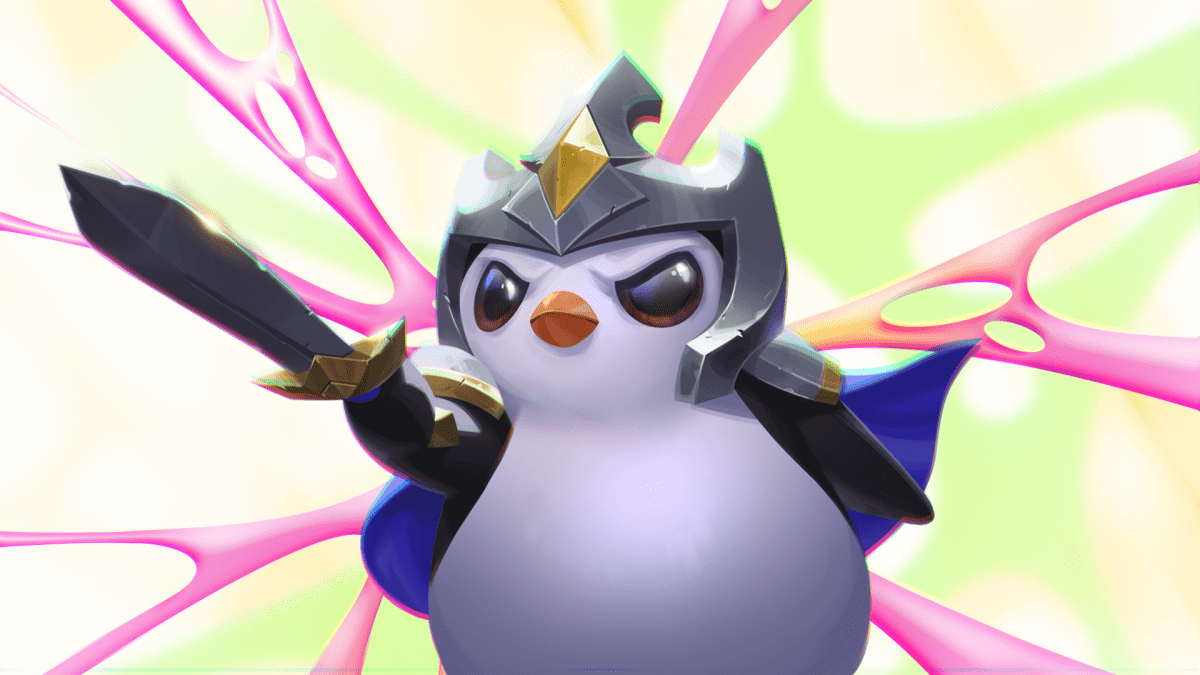
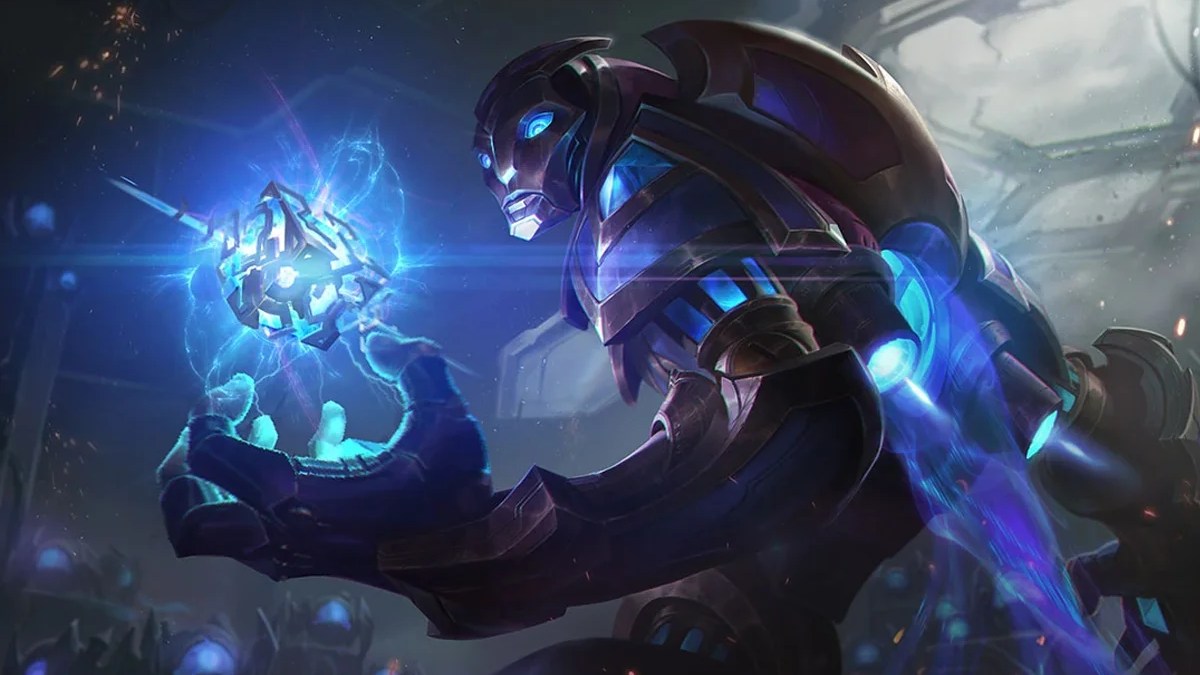
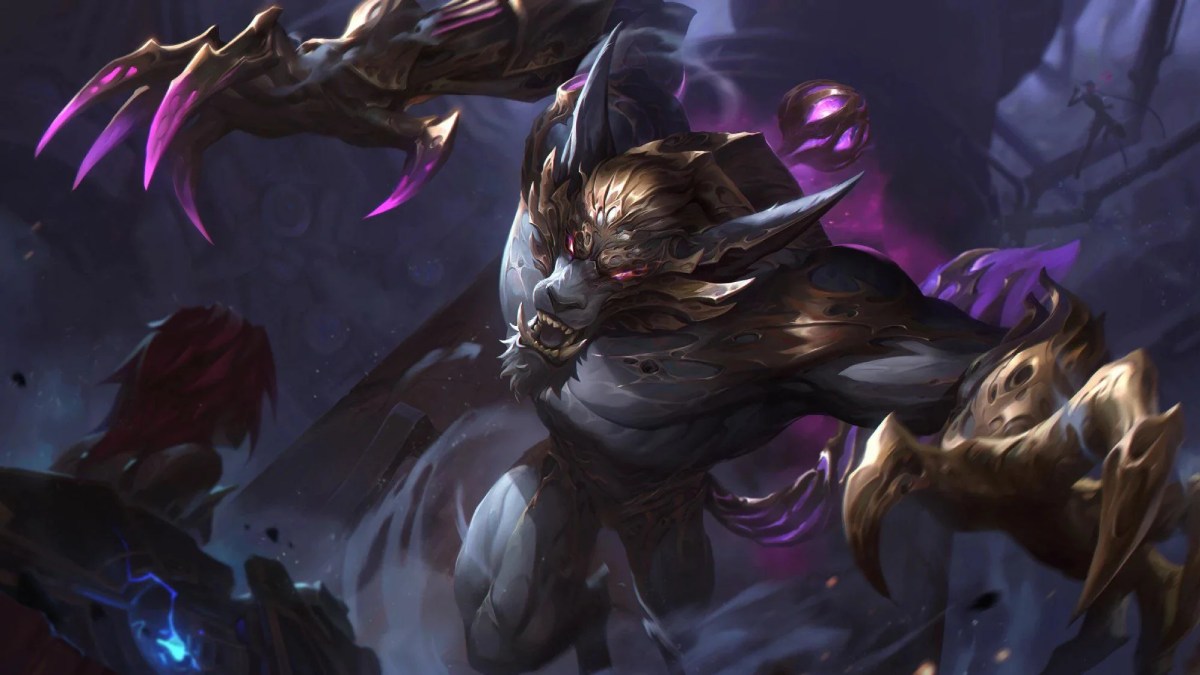
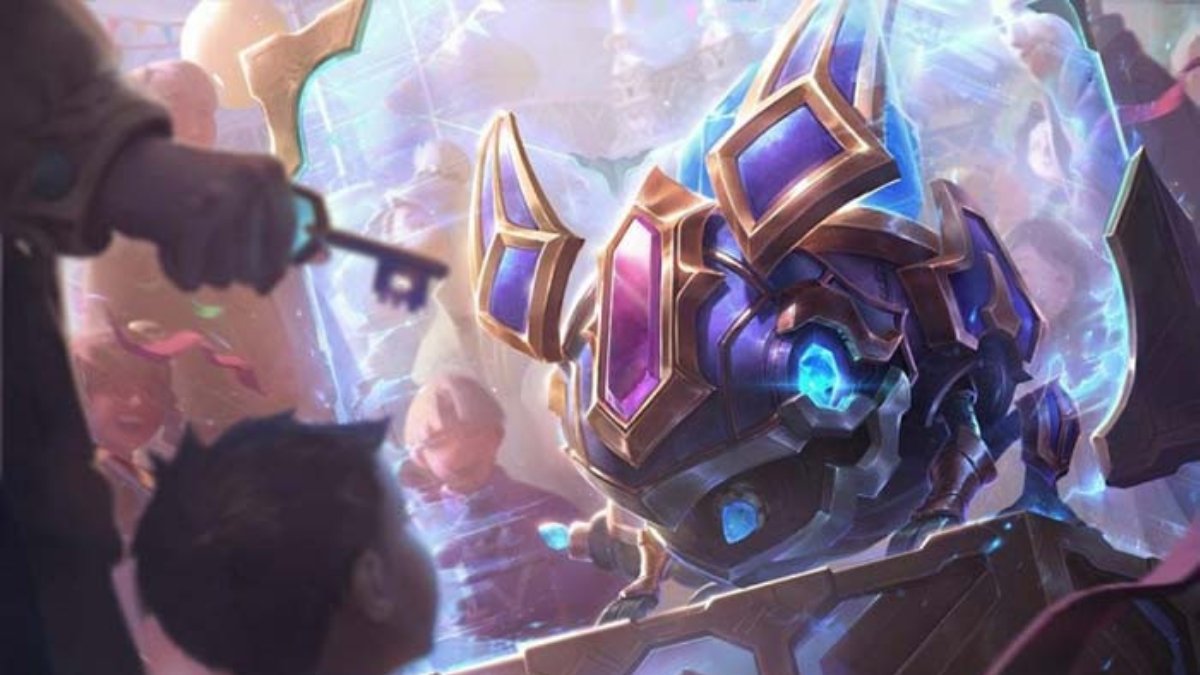
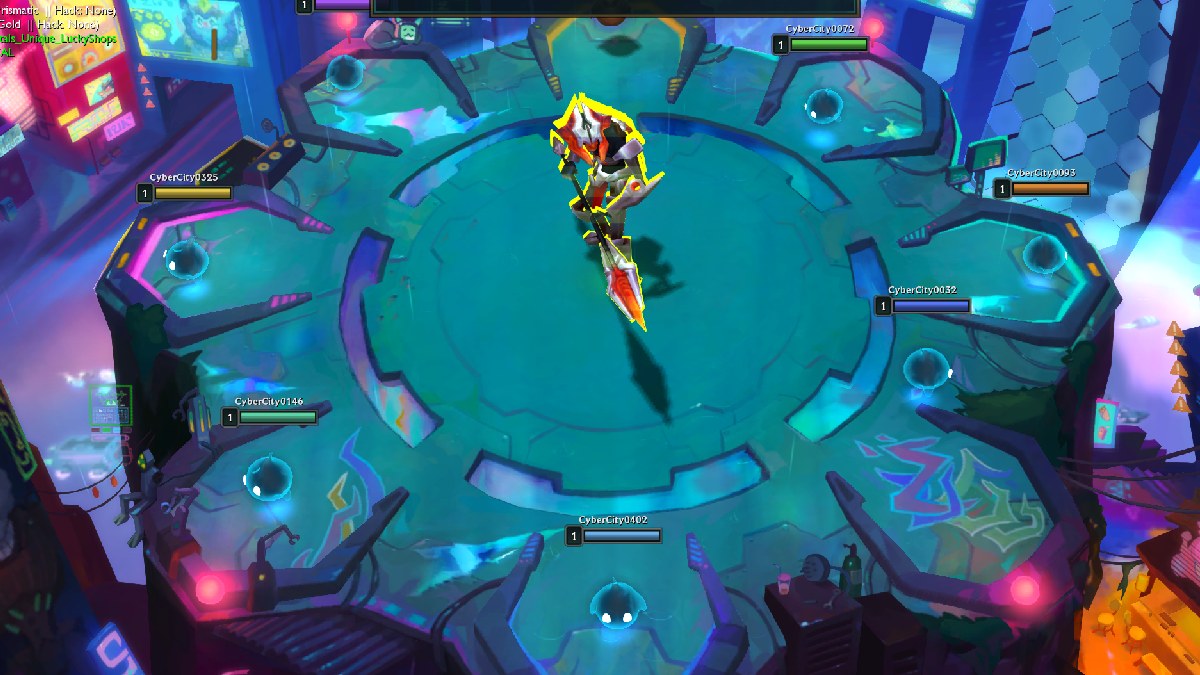

Published: May 29, 2024 02:38 pm